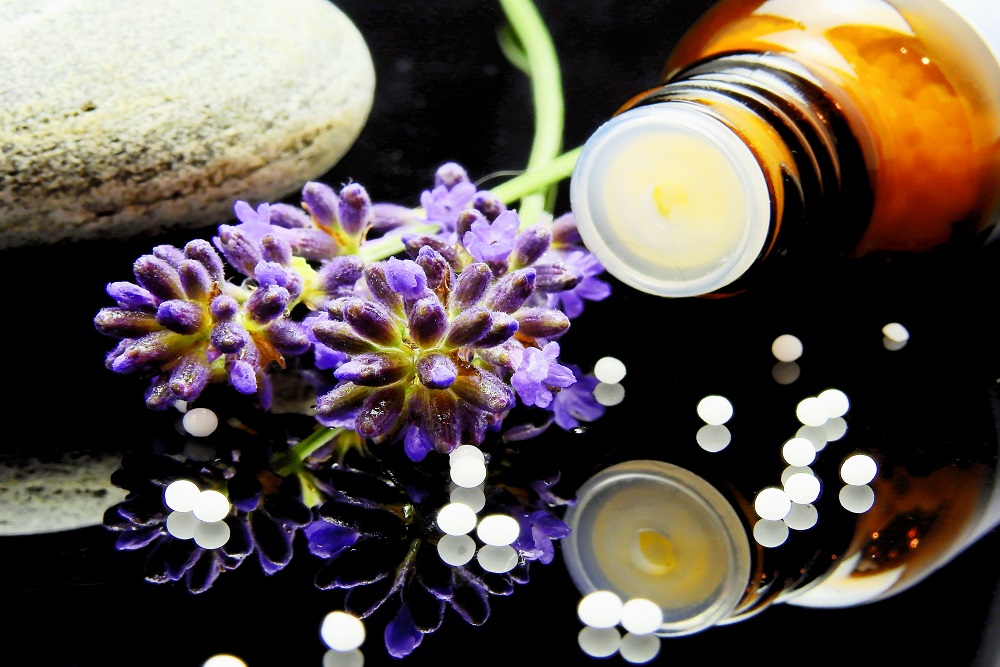Are you feeling stressed or overwhelmed? Do you struggle with anxiety or trouble sleeping? If so, aromatherapy may be the solution for you! Aromatherapy is a holistic healing treatment that uses essential oils to promote physical and emotional well-being. But what exactly is aromatherapy, and how can it benefit our health? In this blog post, we’ll explore the history of aromatherapy, its many benefits, and how to use it in your daily life. So sit back, relax, and let’s dive into the world of aromatherapy!
What is aromatherapy?
Aromatherapy is a holistic healing modality that uses essential oils from plants, flowers, and herbs to promote physical, emotional, and mental well-being. These aromatic compounds are extracted through steam distillation or cold pressing methods from various plant parts.
Essential oils have been used for centuries by different cultures around the world for their therapeutic properties. They are believed to work by interacting with the limbic system in the brain which controls emotions, memory, and behavior.
The use of aromatherapy can be traced back to ancient Egypt where they were used for embalming and religious ceremonies. The Greeks also utilized essential oils in their medical practices while Chinese medicine has long incorporated aromatherapy into its treatments.
Today, aromatherapy is widely recognized as an alternative form of medicine that complements traditional healthcare practices. It is often used to reduce stress and anxiety levels as well as managing pain relief symptoms associated with chronic illnesses such as arthritis and cancer.
In order to achieve maximum benefits from aromatherapy, it’s important to choose high-quality essential oils that have been sourced sustainably. Additionally, proper dilution techniques must be followed when using them topically or diffusing them into the air.
The history of aromatherapy
Aromatherapy has been around for thousands of years and can be traced back to ancient civilizations such as Egypt, China, India, Greece and Rome. These cultures used aromatic plants and herbs in various forms such as incense, perfumes, oils and balms.
The Egyptians were known for their extensive use of essential oils in religious ceremonies, mummification processes and everyday life. They believed that the fragrances from the plants had healing properties that could help cure illnesses.
In China, aromatherapy was often used alongside other traditional practices such as acupuncture and herbal medicine. Essential oils were believed to have a balancing effect on the body’s energy flow or qi.
India developed Ayurvedic medicine which uses essential oils for massage therapy to promote relaxation and balance within the body. The Greeks were also known for their use of essential oils in baths and massages to promote physical health and emotional well-being.
During the Renaissance period in Europe, aromatherapy fell out of popularity due to advances in modern medicine. However, it made a comeback during World War II when French chemist Rene-Maurice Gattefosse discovered its potential benefits while treating soldiers’ wounds with lavender oil.
Today, aromatherapy is widely recognized as a complementary therapy that can enhance overall wellness by promoting relaxation, stress relief and mood enhancement through inhalation or topical application of essential oils derived from natural plant sources.
The benefits of aromatherapy
Aromatherapy is an excellent way to promote relaxation and improve overall well-being. The essential oils used in aromatherapy have a range of benefits, including calming the mind, reducing stress and anxiety levels, boosting mood, easing muscle tension and pain relief.
Inhaling certain scents through aromatherapy can also help address respiratory issues such as congestion or allergies. For example, eucalyptus oil can be effective for opening up airways when added to a diffuser or steam inhalation.
Another benefit of aromatherapy is its ability to stimulate the immune system. Certain essential oils like tea tree oil are known for their antibacterial properties that help fight off infections.
Aside from physical health benefits, using essential oils in aromatherapy can also enhance cognitive function by improving memory retention and concentration levels. Some studies suggest that lavender oil may even improve sleep quality in those with insomnia.
Incorporating aromatherapy into your daily routine can offer numerous mental and physical health benefits while providing a relaxing sensory experience.
How to use aromatherapy
There are various ways to use aromatherapy, and it all depends on personal preference and the situation. One of the most common methods is through diffusers. These devices break down essential oils into micro-particles, dispersing them in the air for inhalation.
Another way to use aromatherapy is through topical application. Essential oils can be diluted with carrier oils like coconut oil or jojoba oil before being applied to the skin. However, it’s important to do a patch test first as some people may have allergic reactions.
Bathing with essential oils is also an effective method of using aromatherapy. Add a few drops of your preferred essential oil into bathwater for a relaxing soak that will help soothe sore muscles and calm your mind.
Inhalation is another popular way of using aromatherapy effectively; inhaling steam infused with essential oils can clear sinuses and relieve congestion.
You can also make your own natural perfumes by combining different essential oils according to your liking. This allows you not only to enjoy their therapeutic benefits but also smell great throughout the day!
Aromatherapy recipes
Aromatherapy recipes are a great way to use essential oils in your everyday life. Whether you want to relax, ease stress or boost your mood, there is an aromatherapy recipe that can help you achieve the desired effect.
To make an aromatherapy blend, you will need some carrier oil and essential oils. Carrier oils are used to dilute the essential oils and make them safe for use on skin. Some popular carrier oils include coconut oil, jojoba oil and almond oil.
When choosing essential oils for your blend, consider their therapeutic properties as well as their scent. For example, lavender is known for its relaxing properties while peppermint can help with headaches and mental fatigue.
Once you have chosen your carrier oil and essential oils, mix them together in a small glass bottle. Use a dropper to add the desired amount of each ingredient based on the recipe you are following.
Some popular aromatherapy recipes include:
– Relaxing bath: 5 drops lavender + 3 drops chamomile
– Stress relief rollerball: 10 drops bergamot + 5 drops frankincense + 5 drops ylang-ylang
– Energizing diffuser blend: 4 drops peppermint + 2 drops grapefruit + 2 drop rosemary
Experiment with different blends until you find what works best for you!
Conclusion
Aromatherapy is an ancient practice with numerous benefits for both physical and mental health. It involves using essential oils to promote relaxation, ease pain, alleviate anxiety and depression, improve sleep quality, boost immunity and enhance overall well-being.
By understanding the history of aromatherapy and its many benefits, you can take advantage of this powerful healing tool in your daily life. Whether you use it through inhalation, topical application or diffusion, there are countless ways to incorporate aromatherapy into your self-care routine.
Remember to always choose high-quality essential oils from reputable sources and consult with a qualified practitioner if you have any concerns or medical conditions. With regular use of aromatherapy practices, you can experience improved health and wellness for years to come.








